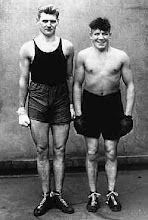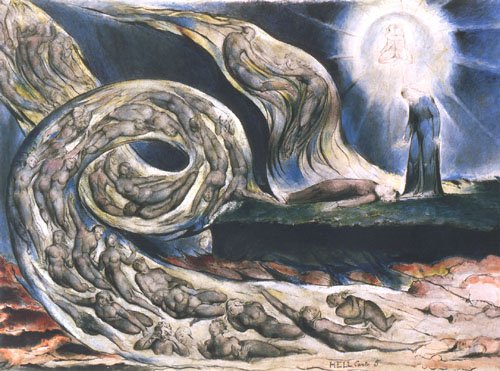

dailymail
27th July 2010 - Riot police used electric shock batons to beat women sweatshop workers when they stopped producing fashion labels for the UK and other Western nations in Cambodia today.
The image of heavily-armed police in protective clothing using their shields and batons to crush a strike by poverty-stricken women workers will do nothing to improve the tarnished image of designer label companies who run Asian sweatshops.
At least nine women were injured when more than 100 police, more than half in riot gear and armed with assault rifles, tried to force 3,000 women workers back into their factory.
Some women, who earn less than £1 a day, fell to the ground where they were attacked and stunned by police batons.
Workers in Cambodian sweatshops have risen up in recent protests against low pay and harsh working conditions, but today’s walk-out was over the suspension of a local union official.
The factory, on the outskirts of the Cambodian capital, Phnom Penh, is owned by a Malaysian firm and produces garments for the big names of fashion and sport – Gap, Benetton, Adidas and Puma. The factory contributes to Cambodia’s clothing, textiles and shoes exports which were valued at more than £1 billion last year.
All four clothing and sporting companies linked to the factory have come under severe criticism from investigators for the harsh conditions endured and low wages given to their Third World employees.
..It is the sportswear and garment industry that employs mostly women – and the demonstration at the Cambodian factory yesterday was evidence of that as by the hundred they poured out of the premises in support of their suspended union official.
Riot police rushed to the factory after a court order was given to them to clear the roads and force the women back to work.
The brutality the women suffered brought an end to their strike and they returned to the factory, part of an estimated 300,000 people who work in the garment manufacturing sector.
When they have saved enough of their meagre wages, they send what they can back to their impoverished rural villages, where people struggle on as little as 50 pence a day.

















No comments:
Post a Comment